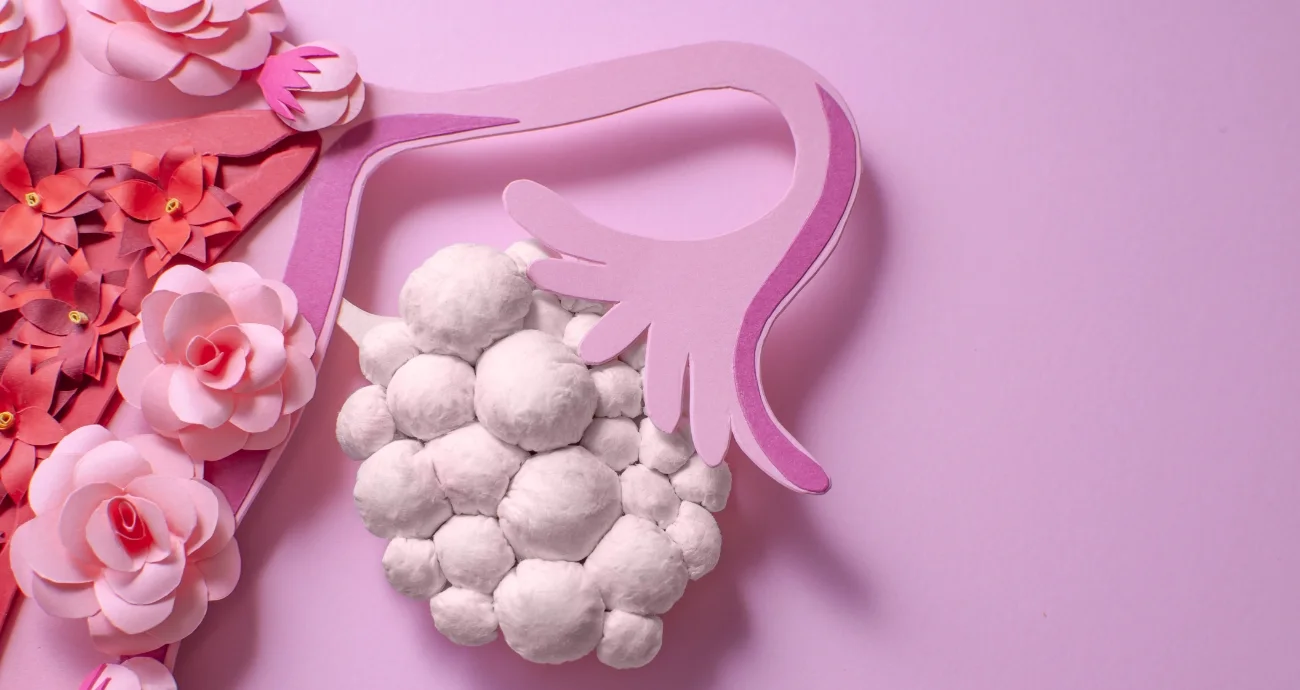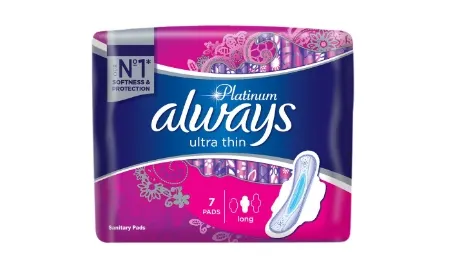How Many Eggs Does a Woman Have? A Complete Guide to Female Fertility

Understanding the intricacies of the female reproductive system is crucial for every woman, yet it's a topic often clouded in mystery and misinformation. One fundamental question that arises is, "How many eggs does a woman have?" Delving into this inquiry sheds light on the remarkable journey of reproductive health. From birth to menopause, a woman's body undergoes profound changes, impacting her fertility and overall well-being. In this article, we uncover the facts surrounding female egg reserves, menstrual cycles, and the nuances of reproductive health.
- How Many Eggs Does a Woman Have?
- How Many Eggs Does a Woman Have a Month?
- Why Don’t You Menstruate at Birth?
- How Many Eggs Does a Woman Have at Different Life Stages?
- How many eggs does a woman have at 16?
- How many eggs does a woman have at 25?
- How many eggs does a woman have at 30?
- How many eggs does a woman have at 40?
- How many eggs does a woman have at 50?
How Many Eggs Does a Woman Have?
At the core of female fertility lies a finite but remarkable resource: eggs. Unlike men, who continuously produce sperm throughout their lives, women are born with a fixed number of eggs. This reservoir of eggs, known as ovarian reserve, is established during foetal development. By the time a female infant is born, she possesses all the eggs she will ever have—typically around one to two million.
How Many Eggs Does a Woman Have a Month?
Now you may be wondering, ‘how many eggs does a woman have or release in a month?’ Each month, a woman's body releases a single egg during ovulation. This process is orchestrated by complex hormonal interactions within the reproductive system. While women are born with millions of eggs, only a fraction will ever mature and be released. By puberty, the number of eggs have already dwindled to around 300,000 to 400,000.

Why Don’t You Menstruate at Birth?
It’s only fair to wonder if you’re born with all the eggs, why don’t women menstruate from birth. Despite being born with a reservoir of eggs, female infants do not menstruate. This absence of menstruation is attributed to the immaturity of the reproductive system. Menstruation begins when a girl reaches puberty, signaling the onset of ovulation and the potential for pregnancy. Until then, the reproductive system remains dormant, gradually maturing over time.
And for when you do begin to menstruate at the right age, you can rely on Always’ range of sanitary pads which are of superior quality. We recommend using the Ultra Thin sanitary pads which have a super absorbent core with the InstantDry System which absorbs menstrual discharge in just a few seconds.
For those who are comfortable with tampons, Always also has Tampax tampons. The Compak tampons by Tampax come with a smooth, compact applicator for discretion, and a built-in protective skirt to help prevent leakage for up to 8 hours.

How Many Eggs Does a Woman Have at Different Life Stages?
The number of eggs in a woman's ovarian reserve fluctuates throughout her life, with significant variations at different ages. Let's explore how ovarian reserve changes from adolescence to menopause:
How many eggs does a woman have at 16?
By the age of 15-16, a young woman's ovarian reserve has already decreased significantly from birth, with approximately 300,000 to 400,000 eggs remaining.
How many eggs does a woman have at 25?
By the mid-20s, ovarian reserve continues to decline, with an estimated 200,000 to 300,000 eggs remaining. This gradual decrease underscores the importance of reproductive health awareness in early adulthood.
How many eggs does a woman have at 30?
As a woman enters her 30s, her ovarian reserve diminishes further, with around 100,000 to 200,000 eggs remaining. For most women, fertility may begin to decline as well.
How many eggs does a woman have at 40?
By the age of 40, a woman's ovarian reserve has significantly decreased, with only 10,000 to 20,000 eggs remaining. This decline in fertility, coupled with the increased risk of pregnancy complications, underscores the importance of informed decision-making regarding childbearing.
How many eggs does a woman have at 50?
By the onset of menopause, typically around the age of 50, a woman's ovarian reserve is nearly depleted, with very few eggs remaining. Menopause marks the end of reproductive capacity, signaling the conclusion of the menstrual cycle and fertility.

In conclusion, understanding the dynamics of female fertility empowers women to make informed decisions about their reproductive health. From the finite reserve of eggs at birth to the changes that occur throughout life, each stage of a woman's reproductive journey is unique and significant.
So, the next time you wonder, "How many eggs does a woman have?" or “How many ovum does a woman have?” remember, it's not just a number—it's a testament to the remarkable complexity of the female body and the journey of life itself.
Disclaimer
Please note the date of the last review or update on all articles. No content on this site, regardless of date, should ever be used as a substitute for direct medical advice, diagnosis or treatment from your doctor or other qualified clinician. Always is committed to ensuring that all of our products meet rigorous safety standards; Always pads prioritize safety, protection and comfort of its consumers.




